Only 16 women, have won the Nobel Prize for Literature, three of them American. Compare that to 101 male winners. When we think of all the talent that has gone unrecognized, it makes us equal parts weepy and angry. But we are determined not to get hung up on the past; rather we want to celebrate the news that American poet Louise Glück is the newest Nobel Laureate.
The author of 12 volumes of poetry, Glück was born in New York City in 1943. She didn’t take any conventional route to poetry stardom. She did not graduate from college. Instead she took poetry workshops and practiced her craft while working as a secretary.
We like imagining her in the Mad Men area, enduring cat calls and condescension from skinny-tied men, then stunning the whole cast of characters with the publication of her first volume Firstborn in 1968. We’re sure even a Peggy Olson would have been speechless when she started teaching poetry at Goddard College in Vermont in 1971. (She’s now a writer in residence at Yale University.)
Read More: Meet the Author Behind the “Anonymous” I Want to Age Like Sea Glass Poem
Austere Beauty
The Nobel Committee praised Glück’s “unmistakable poetic voice that with austere beauty makes individual existence universal.”
Writing in the New Yorker, the critic Dan Chiasson said, “Her work is thrilling and surprising; it’s both intimate and grand; she appeals to people who read only poetry and to people who read almost no poetry.”
Glück has won numerous prizes, including the Pulitzer and the National Book Award. She was the Poet Laureate of the United States from 2003 to 2004. Still, she said she was unprepared for the Nobel. “It seemed to be extremely unlikely that I would ever have this particular event to deal with in my life,” she told the New York Times.
But fans of hers weren’t too surprised, especially because she captures with humor and wit so much of what it is to be human, even what it is to be a woman. In this excerpt from the poem “New World” in the book Ararat, she neatly expresses what so many of us have seen in our lives:
As I saw it, all my mother's life, my father held her down, like lead strapped to her ankles.
She was buoyant by nature; she wanted to travel, go to theater, go to museums. What he wanted wanted was to lie on the couch.

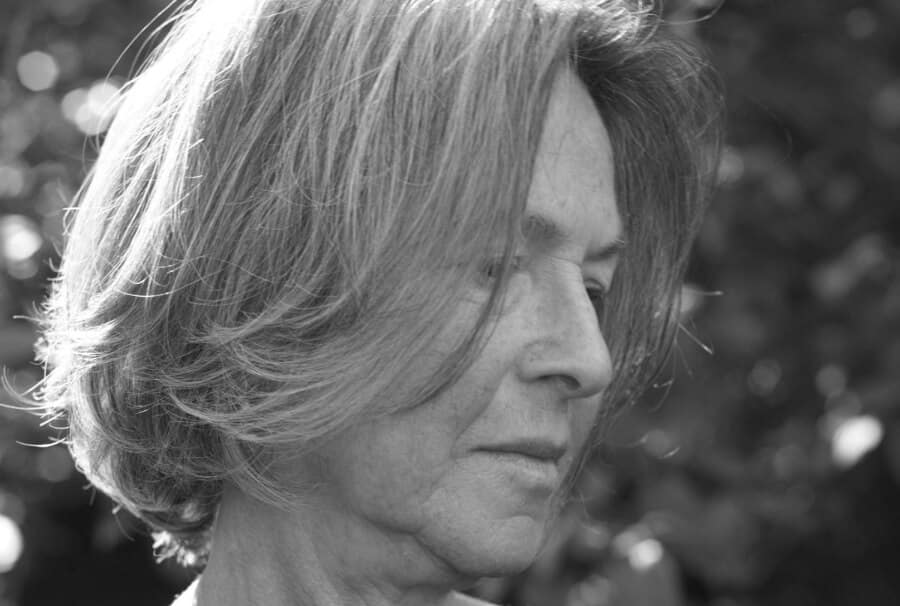




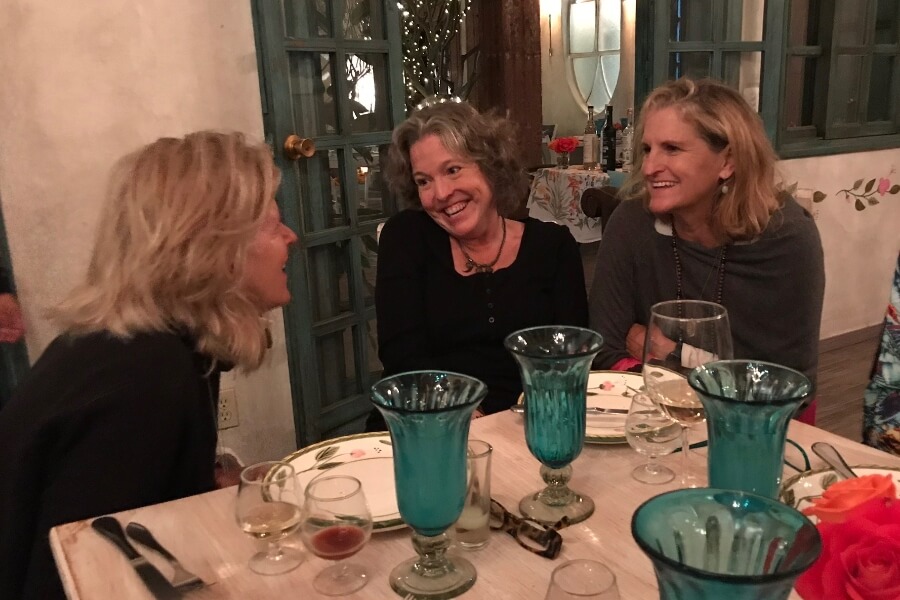

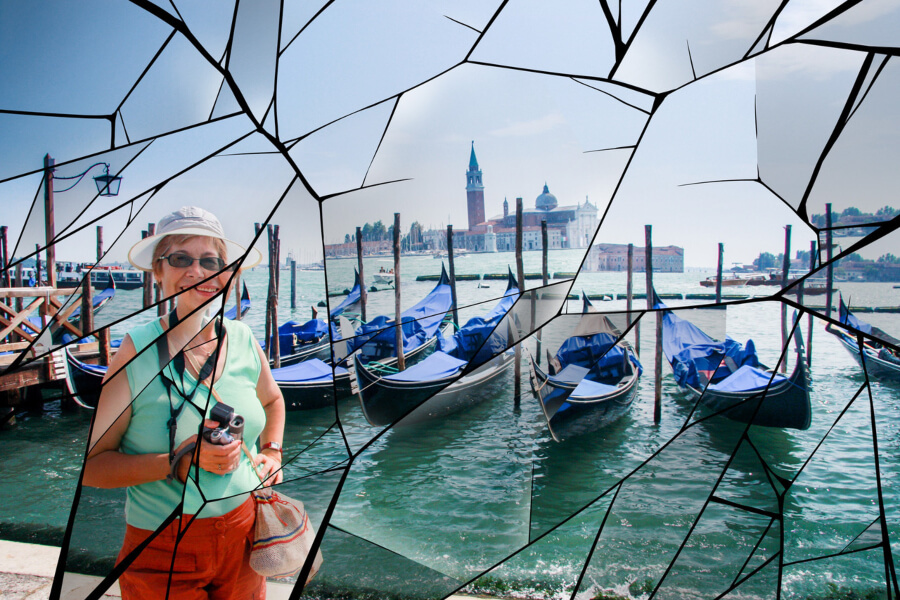

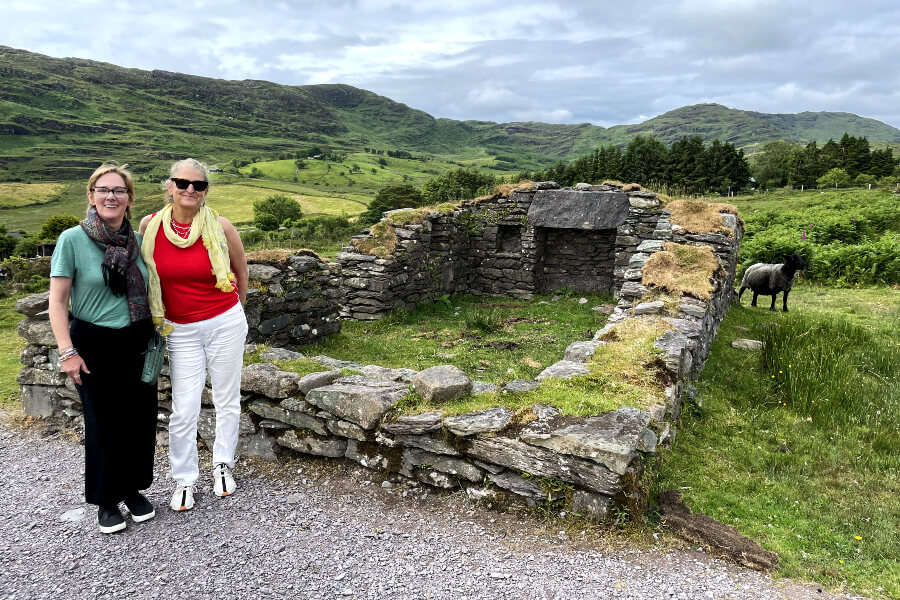


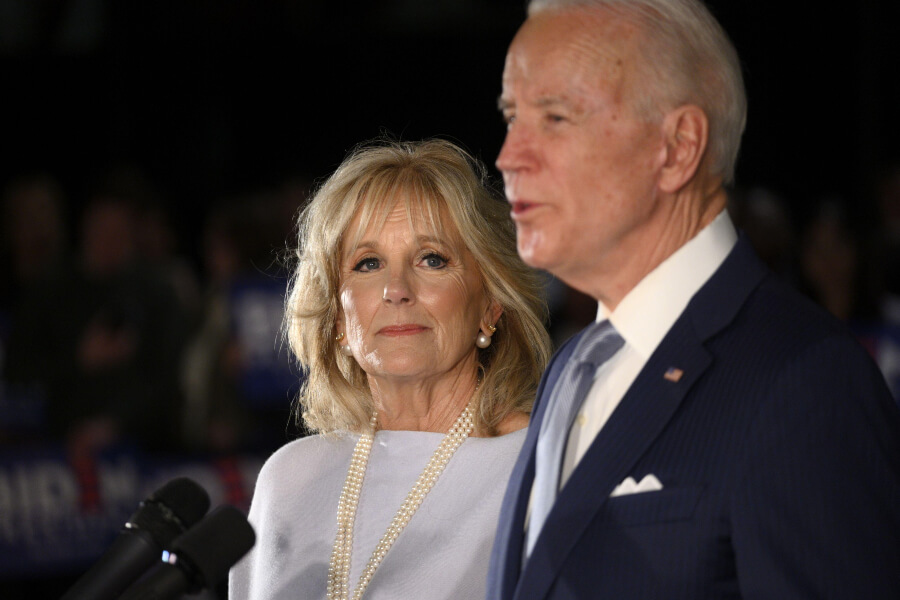




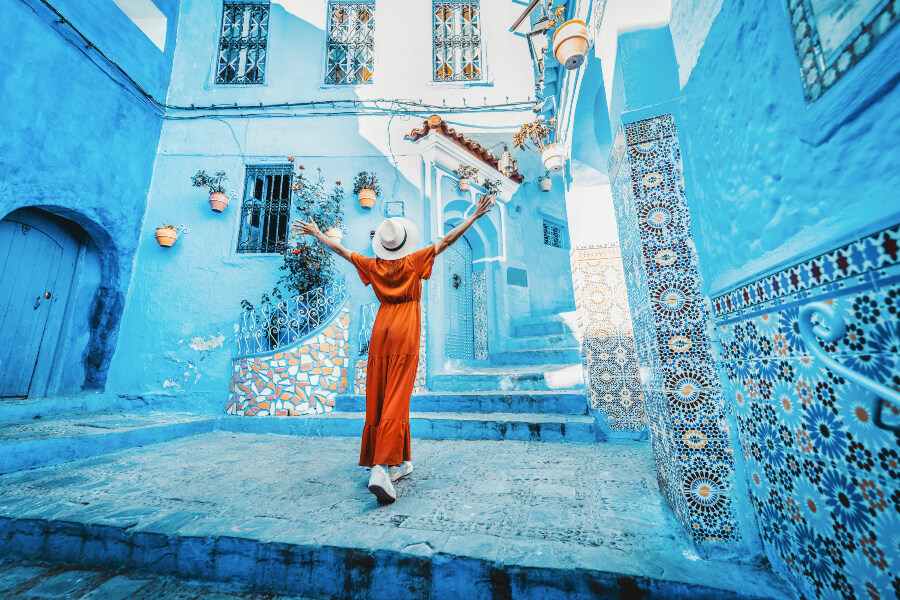


0 Comments